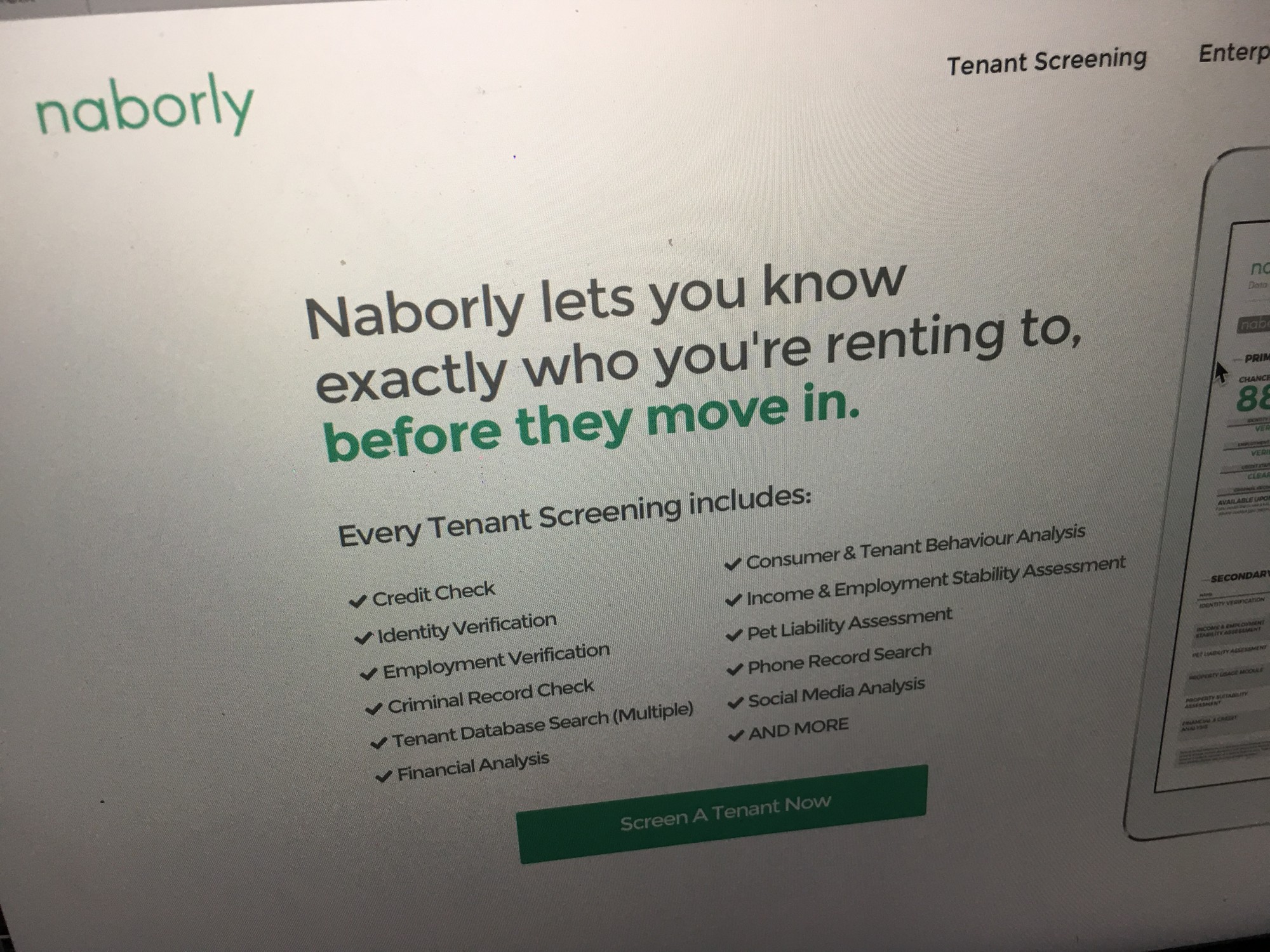Although tenant screening is critically important in any rental business, it seems that the law and a culture of forgiveness stand to obstruct housing providers that look to connect the dots and mitigate risk.
Efforts to reform tenant screening practices have percolated to the federal level, with legislation endeavoring to reform the Fair Credit Reporting Act to make so-called “tenant-rating” agencies more accountable and afford additional protections to tenants.
Landlords are on solid grounds in denying tenancy to an applicant that has a prior eviction history. But U.S. Senator Cory Booker (D-NJ) says the reports that landlords rely on having limited details and don’t always provide context behind the eviction case.
Booker notes that unlike credit reporting agencies, whose practices are highly regulated, tenant rating agencies have little oversight and are prone to inaccurate or unfair conclusions. The proposed bill would:
• Prohibit a consumer reporting agency from making a consumer report containing information from a landlord-tenant court or other housing court record unless the case to which the record pertains resulted in a judgment of possession in favor of the landlord;
• Prohibit a consumer reporting agency from making a consumer report containing information from a landlord-tenant court or other housing court record unless the case to which the record pertains occurred less than three years before the report is created;
• Require the creator of a consumer report that contains tenant-landlord information to make reasonable attempts to assure the accuracy of the record;
• Require any person who takes an adverse action with respect to a consumer report to provide the consumer with a free copy of the report;
• Require the Consumer Financial Protection Bureau (CFPB) to create a centralized clearinghouse through which consumer may annually obtain a copy of their report from each tenant rating agency free of charge and correct any inaccuracies, and;
• Require the CFPB to conduct a study and submit to Congress a report on tenant rating agencies and their compliance under FCRA.
The rental housing industry is wedged between a rock and a hard place. On one hand, a tenant’s checkered past can be concealed. But overzealous screening exposes landlords to a perilous housing discrimination lawsuit.
Just one spoke in the wheel
This plan is part and parcel of what we see as a larger cultural shift that is tipping the scale in favor of tenant amnesty, over a landlord’s interest in protecting their rental investment by making informed decisions as to who occupies their units. The “eyes and ears” of rental property owners are slowly being handicapped by initiatives that conceal rental risks.
In an earlier article, we highlighted the National Consumer Assistance Plan, a cooperative initiative between the three credit bureaus to purge certain alarming notations on the prospective tenant’s credit report, including civil judgments lodged against them. In effect, the plan leaves the rental property industry blinded.
Ditto for Assembly Bill 2819, which cloaks a rental applicant’s prior unlawful detainer history under certain circumstances, a topic we chimed in on in this video.
In a digital age, sometimes common sense prevails
It seems that now more than ever, landlords and property managers cannot use technology and reports as a crutch – some old-fashioned personal sleuthing is in order. For example, calling previous landlords and asking a pointed question to get to the heart of the matter: “would you rent to them again?” This simple question will be telling and usually will ferret out any concerns.
If the tenant drives up to view the rental listing in a vehicle with hamburger wrappers strewn in the backseat of their car, perhaps it’s a sign that they will treat the apartment in the same fashion. Don’t mention the clutter because in today’s climate, it may invite litigation from fast food connoisseurs.
Housing Discrimination Always Looms Nearby
In all seriousness, while hygiene and other first impressions can go a long way in making an informed decision, we admonish landlords and property managers to keep their observations to themselves. The Unruh Civil Rights Act, and the California Fair Employment and Housing Act prohibit landlords from discriminating between would-be tenants on the grounds of their sex, race, color, religion, sexual orientation, marital status, ancestry, national origin, source of income, disability or medical condition.
However, in the case of Marina Point v. Wolfson, the California Supreme Court decided that the Unruh protections are not necessarily restricted to these characteristics. The envelope is constantly being pushed with newly protected classes being carved out, and so arbitrary discrimination of any kind may get rental housing providers in trouble.
When it comes to communication with a prospective tenant, then, less is more.
Our parting advice – be smart. Be aware. Be diligent. But when your “gut feel” isn’t enough and you have questions, contact our office. Bornstein Law will ensure that your tenant selection does not cry afoul of the law and that you make the most educated decisions when it comes to your rental business.
For more thoughts, follow us on Facebook.






